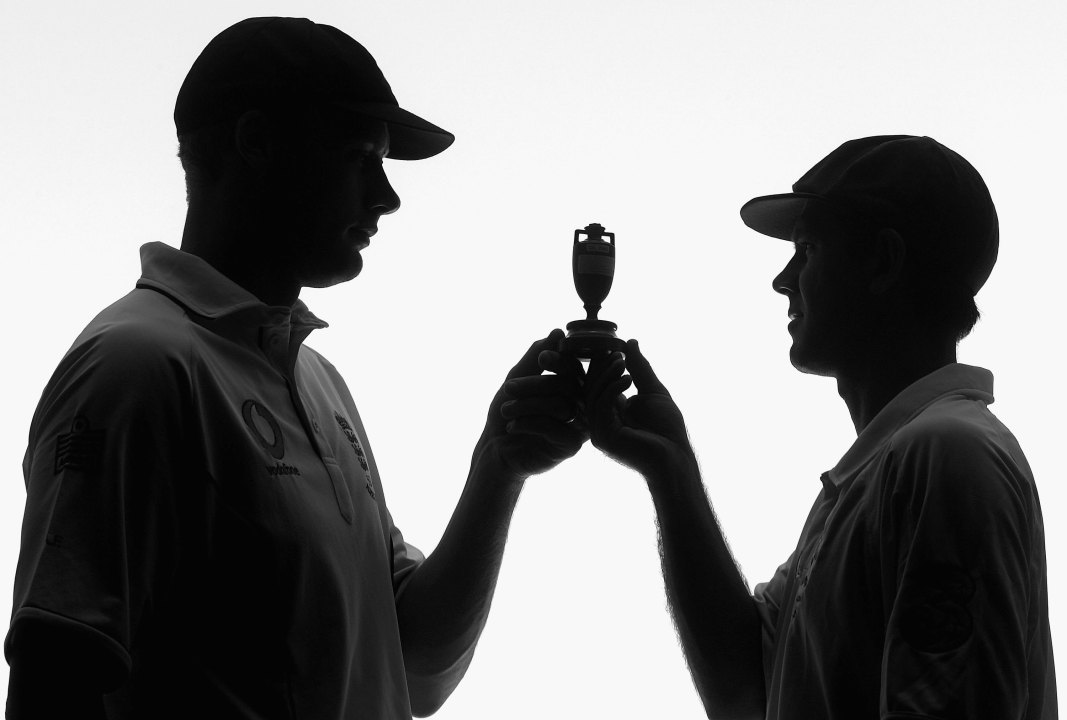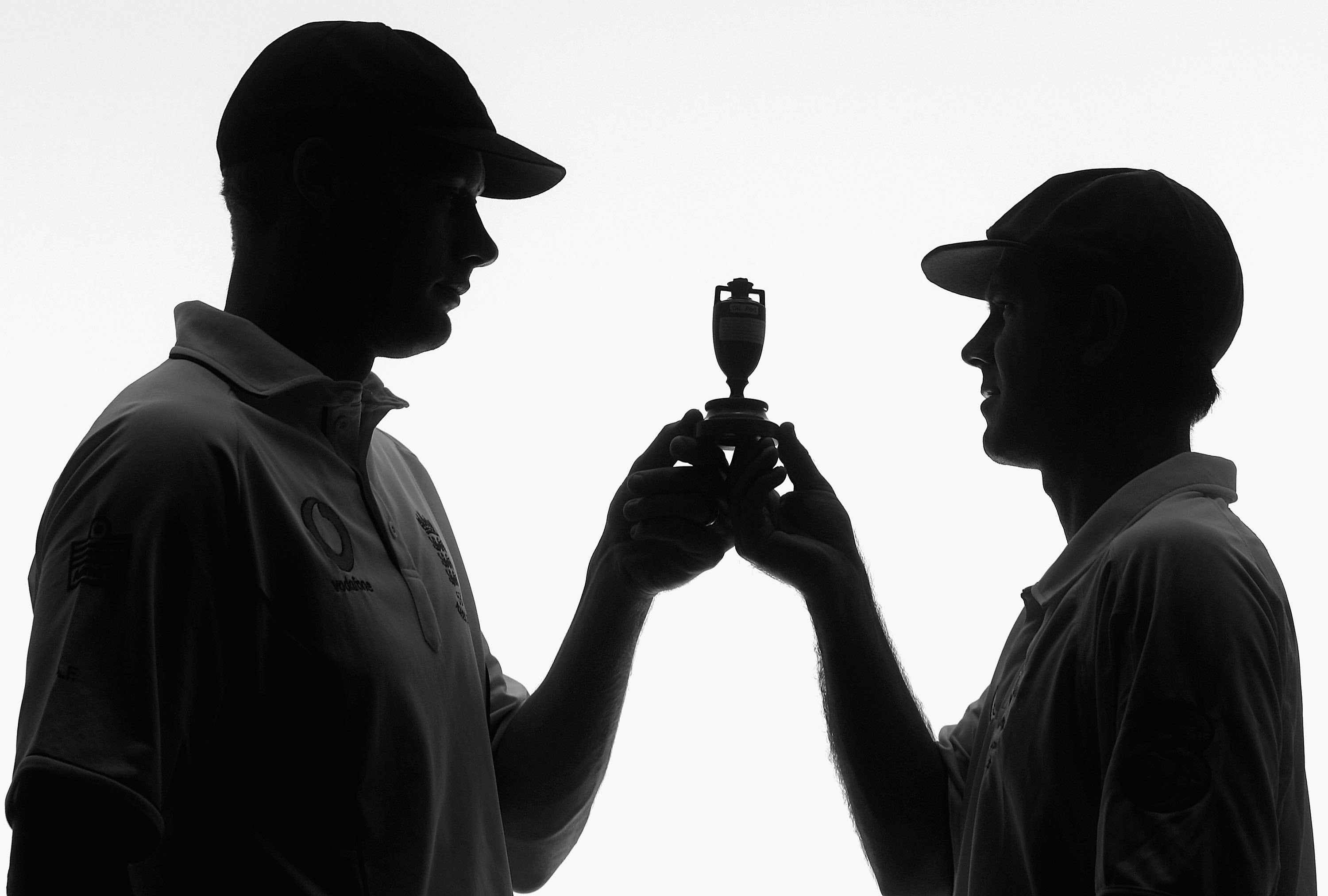The Ashes start this week. If, as an England supporter, you were given the following two choices, which would you pick? First: England win the series 5-0. Second: the series ebbs and flows, the teams arrive in Sydney locked at 2-2, the match goes down to the final hour of the final day, and England lose.
If you went for the second option, you’re my kind of fan. I’ve always preferred to see my team (or player) lose narrowly than win easily. Sport is there to entertain us. This is the supporter equivalent of ‘It’s not the winning, it’s the taking part that counts’. As a fan, you get excited by the process rather than the result. Nowhere is this truer than in Test cricket. Every year, Lord’s hosts two matches: the first often against a weaker side who get beaten hollow by England; the second against one of the big teams, who provide much stronger opposition and often win. And those are the matches that stick in the memory. Whereas England rolling the West Indies over by an innings on the third morning is forgotten about almost as soon as it’s happened.
Yes, the dream is that your side wins a close match. That’s the top choice, in individual as well as team sports. I adore Ronnie O’Sullivan, and always want him to win. But the victories that give me the most pleasure are when he’s been up against it. Last year’s Masters final was a classic example, especially as Ronnie was playing Ali Carter, who gets on my nerves (though not as much as he gets on Ronnie’s). Carter went 6-3 up, needing just four more frames for victory. Ronnie pulled back to 6-6. Still Carter held his nerve, taking the next to lead 7-6. But then he crumbled, and Ronnie strengthened, and by the time it got to the final frame of Ronnie’s 10-7 victory, Carter could barely hold his cue. These are the matches that give sport its meaning, when you see character coming through to claim its reward. As Ronnie said in his press conference: ‘I love it when their bottle goes.’
But if you’d given me the option before the match of Ronnie winning 10-0, I wouldn’t have taken it. ‘Keep your deals,’ I’d have said, ‘I want a spectacle. And if the price of that is the risk that Ronnie might lose, so be it.’ In fact that risk is the thing that makes it a spectacle. Where’s the entertainment in someone getting hammered? The third round of the FA Cup is famed for its romance, for the chance that the plucky non-league side are going to sneak a 1-0 against Manchester City. What almost always happens, of course, is that Man City are 4-0 up inside half an hour, taking off the few star players they’ve deigned to play, fans are heading for the exit and those at home are reaching for the remote.
The 2005 Ashes remains the greatest series of the modern era. There were twists and turns all the way through, and the perfect example of that thing Americans can never understand – an exciting draw
I always used to ask Manchester United fans about this in the 1990s (that distant era when the red half of Manchester ruled the roost). ‘It’s boring, isn’t it?’ I’d say. ‘Winning all the time – you can’t really get any pleasure from it?’ Of course they always denied it. From those old enough to remember the fallow years of the 1980s, the denials were almost convincing. They’d earned the right to enjoy a bit of domination. Anyone younger, though, who had only ever known victory – how could they truly value it, when they’d never tasted defeat?
Things are different for players. It’s their profession, their way of paying the mortgage. Winning all the time means they can afford a bigger mortgage. Losing all the time, even if the matches are exciting, means they’re on the street. And older players who’ve been through tough times have the same excuse as those veteran Manchester United fans. Allan Border was once asked if he got bored seeing his Australian cricket team winning and winning and winning. No, he said, all he had to do was remember the days in the 1980s when they’d lost and lost and lost.
But even for professionals, the matches they really want to be involved in are the close ones, the thrillers, the ones that have documentaries made about them 20 years later. That’s why the 2005 Ashes remains the greatest series of the modern era. There were twists and turns all the way through, fantastic performances from both sides, and – at Old Trafford – the perfect example of that thing Americans can never understand, an exciting draw. As Andrew Flintoff said to Brett Lee in the moments following England’s two-run victory at Edgbaston, knowing you were involved in a classic match has to provide some consolation for losing.
So here’s to a heart-stopping conclusion at Sydney. If England win it, happy days. If the Aussies come out on top, fair play. But rather that than a one-sided victory, even for Ben Stokes’s men. Nails are there to be bitten, not filed because the outcome is so obvious.








Comments